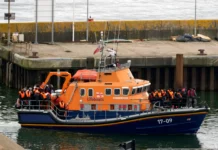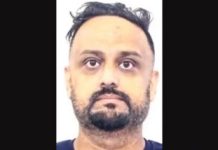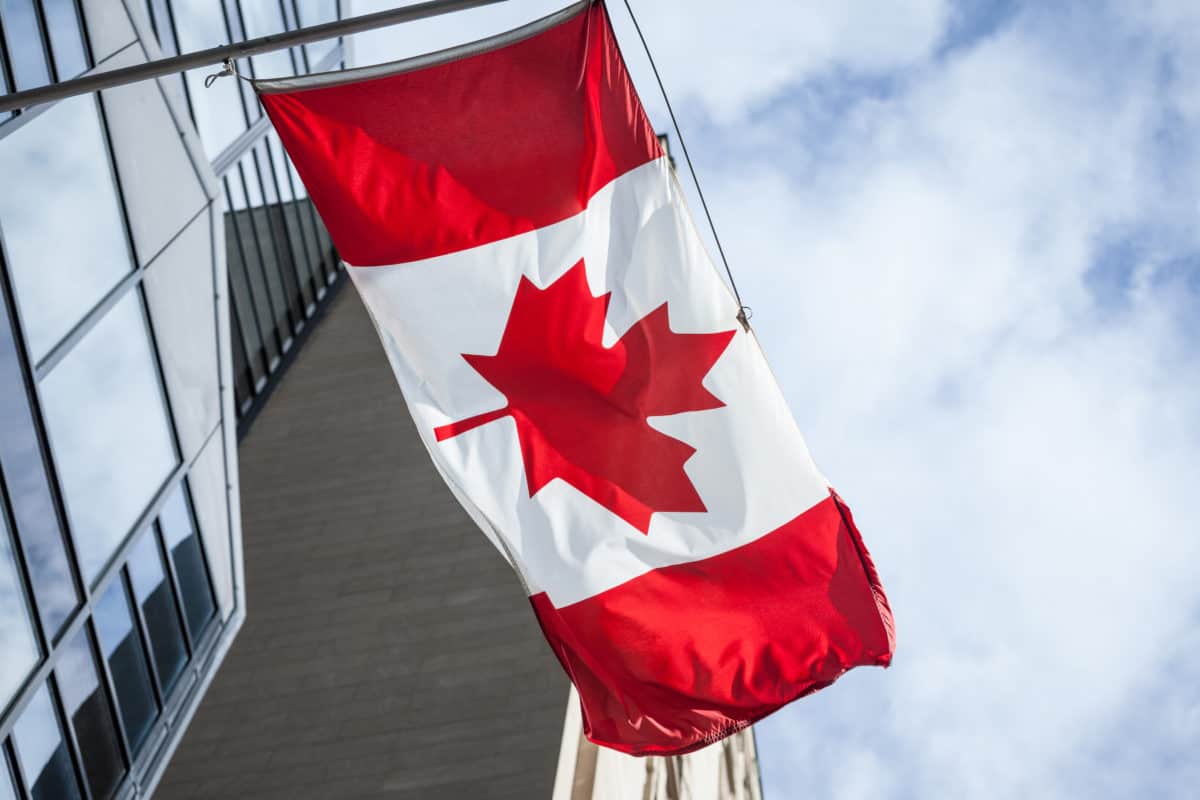
AMADO, ARIZ.: Protesters have begun demonstrations against the U.S. Border Patrol checkpoints that dot southern Arizona, saying the stops amount to the unwanted militarization of their communities.
Federal authorities say the checkpoints on highways and small roads north of the U.S.-Mexico line are vital to catching immigration violations, drug smugglers and human traffickers, but many area residents say they’re fed up with answering citizenship questions each time they drive to work or the grocery store.
“Every time I have to pull out an I.D. out of my purse,” Carlota Wray, an Arivaca activist, said. “I don’t like that.”
Wray is among those who say the checks are intrusive and invite racial profiling.
She and several dozen others gathered around a checkpoint along a two-lane road in Amado, where agents under a metal tent ask all who drive through about their citizenship status.
For over a year, a group of Arivaca residents have been monitoring the stop, jotting down the type of car, driver and interaction they can see from a distance. Two of the activists involved in a lawsuit against the Border Patrol have asked a federal judge to grant them closer access to agents at the checkpoint.
In a handful of other communities, residents gathered at small rallies and events such as art shows to call attention to their frustration.
Border Patrol official Manny Padilla said at the Amado protest that stopping people inside the U.S. remains a crucial component of the agency’s strategy.
“It’s very difficult to stop all traffic at the immediate border,” said Padilla, who runs the Tucson Sector, which comprises much of Arizona.
He said the checkpoints are strategically located in routes coming from the border as a “defense in depth, if you will, to the bottom-line operations.”
The Border Patrol tracks how many arrests and seizures agents make at checkpoints, but it doesn’t release the information publicly.
The Tucson Sector has 11 such stops, and the Border Patrol has dozens of others around the Southwest and in northern states near the U.S.-Canada boundary. The Border Patrol is allowed to monitor and have checkpoints within 100 miles of the border. -AP






